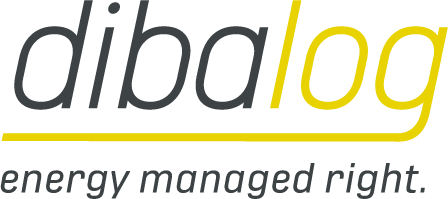Industrial demand management at the highest level
Introduction to industrial demand management
demand management as a key technology for energy-intensive production companies
Industrial demand management is a decisive factor for efficiency, sustainability and profitability in production today. It describes the targeted control of energy consumption in industrial plants with the aim of avoiding load peaks, reducing operating costs and ensuring grid stability.
Precise consumption analyses and automated control systems such as the tried-and-tested EOS system from dibalog enable companies to plan and optimize their energy use precisely and adapt it flexibly to the current grid situation. The result: maximum energy efficiency, a noticeable cost reduction and a sustainable contribution to the energy transition.
Effective demand management reduces the load on the grid, increases security of supply and creates a stable basis for a reliable energy supply - especially in electricity-intensive industrial sectors.
Advantages of industrial load management
Economic, technical and ecological added value for industrial energy users
The introduction of intelligent load management such as EOS offers a wide range of benefits:
Cost savings: Targeted load shifting significantly reduces grid charges and energy costs.
Sustainability: Optimized energy use reduces CO₂ emissions and supports statutory climate targets.
Operational safety: Predictive control increases production stability and prevents unplanned downtime.
These factors make demand management a strategic instrument for the sustainable orientation of energy-intensive companies.
Why industrial demand management is indispensable
Strategic energy management for Industry 4.0
In times of volatile energy prices, scarce grid capacities and stricter environmental regulations, demand management is becoming a business obligation. Those who avoid peak loads benefit twice: through lower energy tariffs and more planning security.
At the same time, precise control of consumption enables efficient use of existing capacities
Sustainability and efficiency in harmony
Using environmental responsibility as a competitive advantage
Modern demand management is not only an investment in efficiency, but also in the company's image. Sustainable development means systematically optimizing energy use, reducing the CO₂ footprint and transparently improving environmentally relevant key figures.
These measures contribute to the long-term stabilization of the energy supply and position companies as responsible market players with a sustainable vision.
Intelligent energy management in practice
Systems, strategies and technologies for a controlled energy future
Energy storage systems: They balance energy flows, buffer peak loads and promote the integration of renewable energies.
Data analysis tools: They enable precise forecasts, continuous optimization and targeted investment decisions.
Best practices: From consumption clusters and time window control to IoT-based network visualization - successful strategies permanently increase energy efficiency.
Further success factors in industrial demand management
Holistic measures for maximum effect
Energy efficiency measures: Modernization of systems, conversion to energy-efficient technologies, targeted process optimizations
Integration of renewable energies: Use of PV, wind power and CHP for self-generation of electricity and grid independence
Collaboration with energy suppliers: Participation in demand response programs, use of flexible tariff models
Employee involvement: Training, transparency and targeted communication increase energy awareness
Cost-benefit analyses: Regular evaluation of the cost-effectiveness of the measures implemented
With a system such as EOS from dibalog, companies receive a future-proof tool that integrates all these areas and makes them scalable for any size of company.
Long-term benefits through strategic energy management
A solid foundation for the future, efficiency and growth
Well-implemented industrial demand management brings measurable benefits on several levels:
Cost efficiency: Targeted control reduces consumption and costs in the long term.
Production reliability: Optimized energy planning makes operations more stable.
Climate protection: CO₂ emissions fall - companies operate in compliance with the law and are fit for the future.
Competitive advantage: Transparency, sustainability and predictability improve market position.
"Effective industrial demand management is the key to sustainable and efficient energy use."
Industrial companies that rely on digital energy control today create scope for investment, reduce risks and at the same time make an important contribution to the future of energy
.

